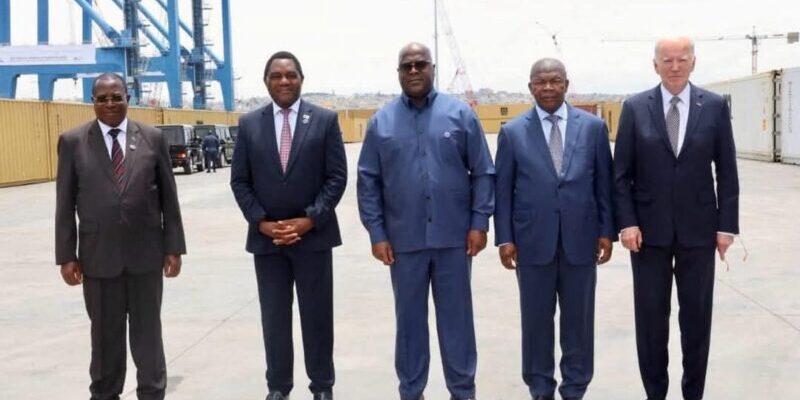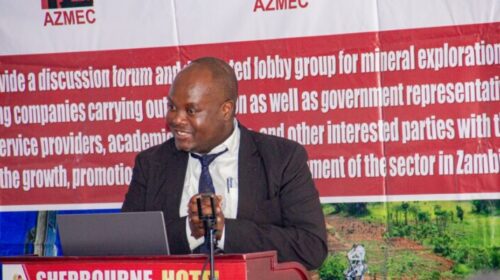U.S. Investment Boosts Africa’s Strategic Rail Link for Mining and Economic Growth
The Lobito Corridor is set to become the largest American investment in African railways, according to US President Joe Biden. This strategic railway link, connecting the Democratic Republic of Congo (DRC) and Angola, is poised to transform the transportation of essential metals used in vehicle manufacturing and wind turbines from mining sites to the port.
Stretching 1,344 kilometers, the Lobito Corridor is designed to facilitate the transport of critical minerals, including copper and cobalt, which are vital for the global energy transition.
The DRC, responsible for 70% of the world’s cobalt supply, will see a significant portion of its mineral exports, including copper, pass through this key port, which aims to manage 3 million tonnes of mining freight annually by 2030.
The development of the Lobito Corridor is expected to bring significant economic benefits, including job creation. Benoît Munanga, Chairman of Kamoa Copper, a Congolese company, highlighted the potential for employment growth in the region.
“We currently employ 6,400 people. With the opening of new factories, we will reach 10,000 employees. The rehabilitated Lobito Corridor will create ripple effects, generating thousands of additional jobs in related services,” Munanga said.
Impact on Tonnages and Logistics Efficiency
The efficiency of the Lobito Corridor is expected to yield major improvements in the transportation of minerals. Munanga revealed that Kamoa Copper expects a 173% increase in tonnage by 2025, a significant rise in output. One of the key benefits of the corridor is the reduction in transportation distance.
The 1,600 km journey from Kolwezi, DRC, to the port of Lobito involves crossing just one border, compared to 3,000 km to the port of Durban in South Africa.
This distance reduction will lower logistics costs by 18% by 2025, while also cutting travel time. A round-trip by road from Durban takes 25 days, whereas the Lobito route will only take 8 days, saving 17 days per trip.
In addition to the economic benefits, the Lobito Corridor is expected to have a positive environmental impact. Transporting goods by rail results in significantly lower emissions compared to truck transportation.
As Munanga noted, the use of the corridor will help mining companies reduce their environmental footprint by shifting from more polluting truck transport to cleaner rail options.
The development of the Lobito Corridor and the port of Lobito is also projected to generate significant local economic growth. It is estimated that up to 500,000 direct and indirect jobs will be created, benefiting sectors such as logistics, transport, and services.
Additionally, revenues generated from the port and railway operations are expected to reach 3 billion US dollars annually by 2035, further boosting the regional economy.
In conclusion, the Lobito Corridor represents a transformative project for the DRC, Angola, and the broader region, with far-reaching economic, environmental, and social benefits.
85 total views , 2 views today





